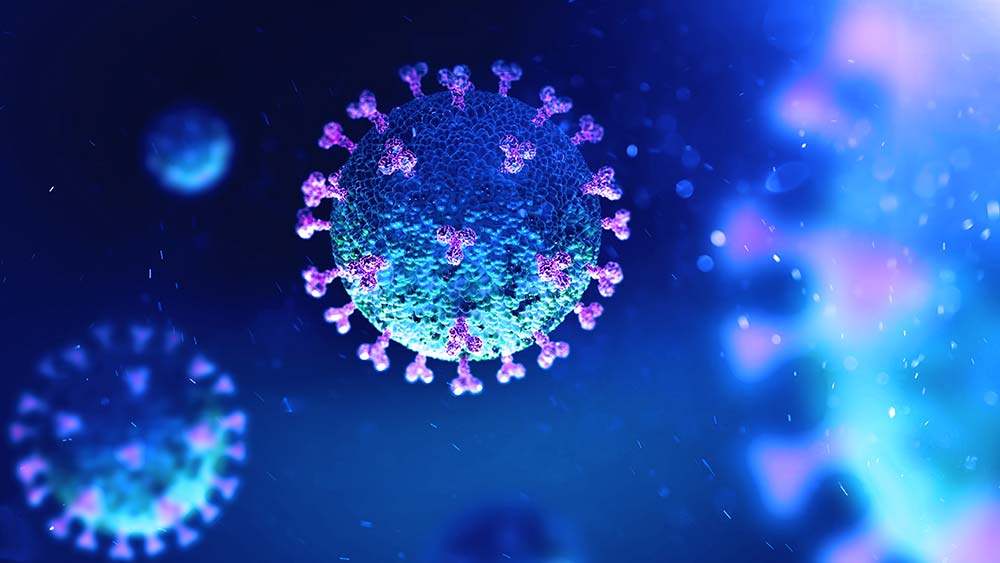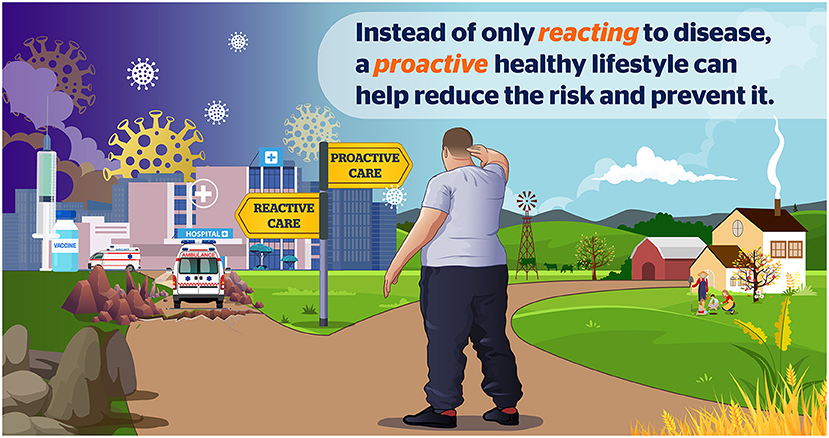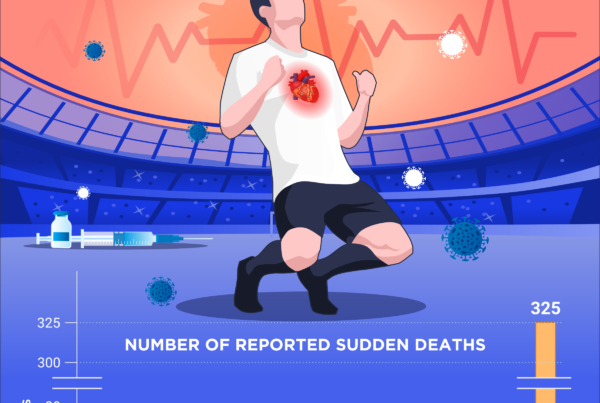
With many unanswered questions about what went wrong, scientists and clinicians are rethinking more than Covid-19.
It’s a wakeup call to those in public health and healthcare, along with politicians and citizens: Covid-19 is not a pandemic but rather a syndemic — a pandemic synergistically fueled by pre-existing health conditions.
As a predictable and preventable disaster, Covid-19 was not averted by proactive measures. Instead, the world waited, then implemented various reactive responses to address the pandemic, with devastating effects. More unfortunate is that proactive measures continue to be neglected.
The new scientific paper in the journal Frontiers in Public Health, “Rethinking Covid-19 and beyond: Prevention, remedies, and recovery” by researchers Philip Maffetone and Paul Laursen, emphasizes such forward-thinking issues as immediately planning a proactive approach to prevent the causes of such a disaster so we don’t repeat it.
Reactive care is described as screening for disease, post-disease treatment, and little to no lifestyle implementation; proactive care refers to reducing disease risk, pre-disease preventive intervention, and a strong emphasis on healthy lifestyle to support natural immunity.
The problem is not new. Modern medicine tends to wait for disease to strike then address it with expensive measures that don’t address the cause.
By considering the big picture view of Covid-19 as a syndemic, we see that susceptibility to disease would not occur, or would become less serious, if the vulnerabilities to infections and spreading of disease were reduced by proactive measures. In the case of Covid-19, it is primarily fueled by the overfat pandemic and its downstream conditions, including impaired immunity, malnutrition, inflammation, and co-morbidities such as cardiovascular disease, cancer, diabetes, and other chronic illness. Overfat is defined as excess body fat that impairs health, and includes those who are overweight, obese, and about 40 percent of the population who are normal weight but have excess belly fat.
The decades-long diet-induced overfat pandemic has been enabled — and even encouraged — by governments and public health agencies, not unlike Big Tobacco’s damaging reign. Junk food is the new tobacco.
The researchers say it’s time to plan for the next infectious pandemic by taking proactive measures and addressing the causes of reduced resistance to disease, rather than waiting for another disaster.









